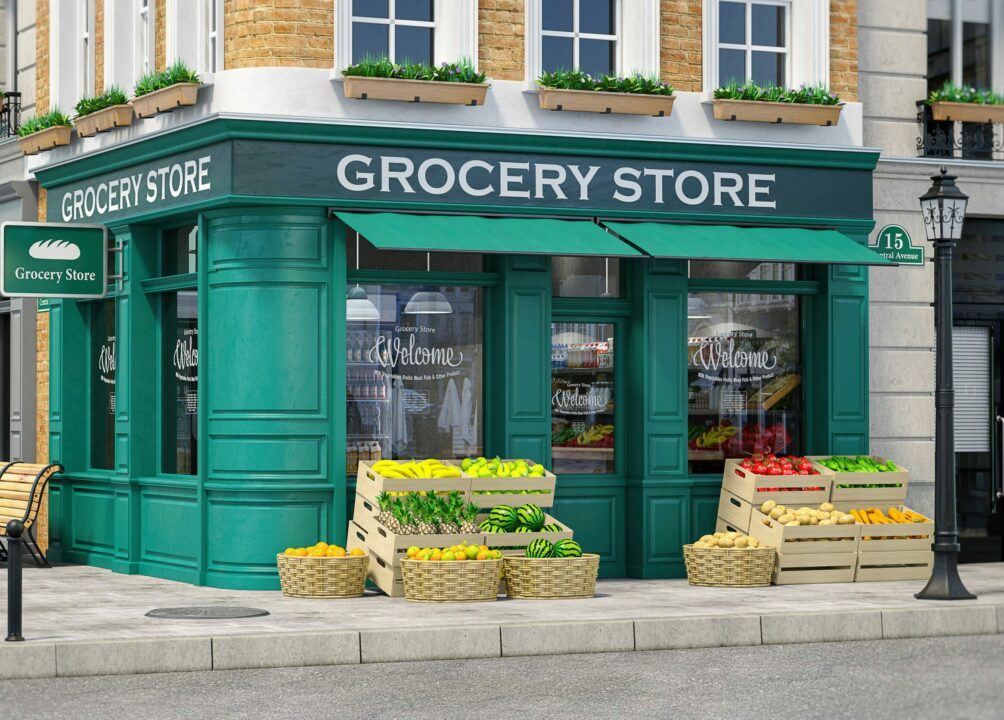Getting your products onto retail store shelves is something many entrepreneurs want to do. It is not entirely necessary and is not always an effective business tactic. Even when it does work out, your product is likely to not be welcomed by all stores at the beginning. So, why sell to retail stores? What benefits are there to selling to retailers over hosting your own platform (not that you can’t do both at the same time)?
- Retailers buy products in bulk and that means that your orders are larger generally resulting in more cash flow.
- There is quicker movement of products from seller to buyer.
- Retail stores expand your business’s geographical reach allowing your product to be anywhere within the scope of the retailers. This can allow your product to enter new markets without you needing to physically expand your business elsewhere.
- When retailers put products onto their shelves, they take on the responsibility of selling that product. Training their staff to sell your product and handle customer service works to their advantage.
But nothing is without its flaws. Getting your products onto shelves comes with a few advantages, but there are some things which make it necessary to think about it. Are the pros worth the cons? What are the cons you should consider?
- It can cut into your profit margin. The price that retailers are willing to pay for your product is generally not the same that consumers are willing to pay, so selling wholesale to retailers may require you to lower your prices.
- Since part of the responsibility of selling the product is left to the retailers, you lose some control over the product’s branding. If the retailers you sell to can’t sell your product to consumers then it might be better to do it yourself.
- A large portion of your time goes into communicating with and managing retail stores.
- Acquiring a store is a greater investment than acquiring a single customer. Convincing a single person to buy a product and continue to buy that product is generally easier than convincing an entire store to buy your products over and over. The amount of risk retail stores have is just much greater.
Dealing with retailers also has its own share of challenges. It is possible that how you conduct business may change to account for these new challenges. This is not an advantage or disadvantage per se. Rather, future planning and contingencies need to account for a changing process much like other changes a business may undergo. For instance, if you sell produce to retailers, what happens when they are late to pick up orders? Bad produce will definitely lower your sales performance, so it is important to keep this in mind.
Which retailers you intend to sell to has an impact on your product and business’s success as well. While larger retail chains possibly provide more exposure and may generally make larger orders, there are many other products you are competing with. You need to work harder to convince them that your product is worth putting onto their shelves. Furthermore, once retail stores become bigger and create more chains, product buying becomes less personal.
Smaller retail stores have less business to communicate with which generally results in relationships being built more solidly. It is much easier to show your product’s worth when there are fewer businesses preaching the same selling points about their products as you are yours. Businesses with smaller retail stores may receive more intimate attention, but you lose a bit of exposure. This might be where you use this small retail exclusivity as a branding point if you so please.
Additionally, you want retail stores to not stray away from your own brand values and image if they do the consumer sales heavy lifting. Therefore, you should choose which retailers you want to do business with carefully. If a particular retailer caters and markets to a specific sort of demographic that you do not intend to cater towards, perhaps you should find a better fit.











